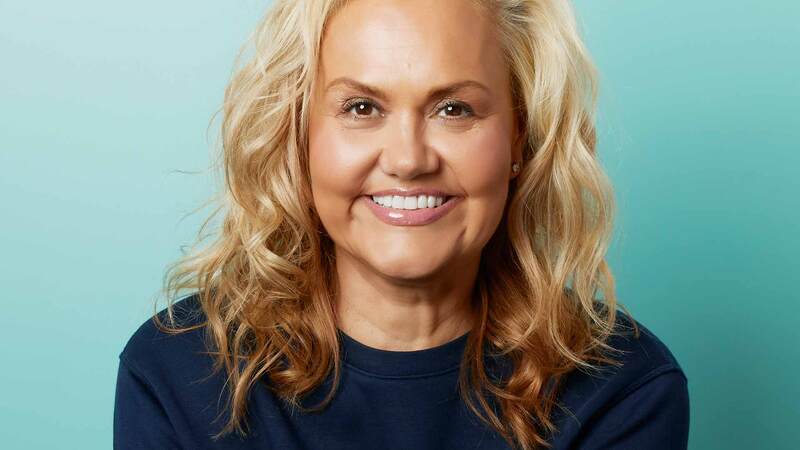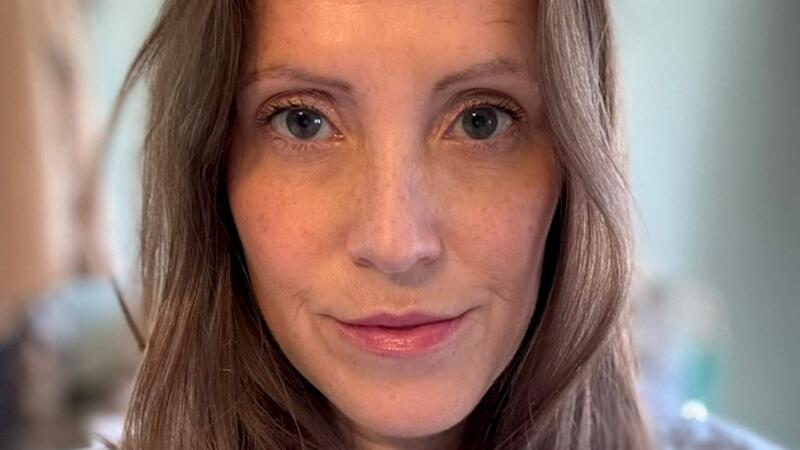You are viewing your 1 free article this month. Login to read more articles.
History, popular science and memoir compete for £30k Baillie Gifford
Books spanning history, popular science and memoir are in contention for the £30,000 Baillie Gifford Prize for Non-Fiction, with themes of shortlisted books ranging from "the many facets of identity" to "the algorithmic forces that increasingly govern our world".
Half of the six shortlisted books are published by independents, while authors comprise four Americans and two Brits. The six titles in the running are: Hello World: How to be Human in The Age of The Machine by Hannah Fry (Doubleday), The Spy and the Traitor by Ben Macintyre (Viking), Amateur: A True Story About What Makes a Man by Thomas Page McBee (Canongate Books), Imperial Twilight: The Opium War and the End of China’s Last Golden Age by Stephen R Platt (Atlantic), Chernobyl: History of A Tragedy by Serhii Plokhy (Allen Lane) and She Has Her Mother’s Laugh: The Powers, Perversions and Potential of Heredity by Carl Zimmer (Picador).
Fiammetta Rocco, chair of the judges, said: “To judge the 2018 Baillie Gifford prize is to feel once again how miraculous books are. We have read about history and war and science and spying. And along the way we’ve been thrilled, jolted, consoled, informed and illuminated. It’s been a remarkable journey.”
Exploring identity is McBee’s memoir, Amateur: A True Story About What Makes a Man, in which the author examines the relationship between masculinity and violence as the first trans man to fight in a boxing match at Madison Square Garden. The judges said it was "a refreshing look at masculinity delivered honestly and bluntly". Also on the topic of identity, from a scientific viewpoint, Zimmer's "illuminating" book She Has her Mother’s Laugh: The Powers, Perversions and Potential of Heredity distils the latest thinking on heredity.
Three of the titles featured on the shortlist are histories: Plokhy’s Chernobyl, remarked upon by the judges for its "clear, precise prose" and "urgent" message, looks at the various geopolitical and industrial factors that brought about the 1986 nuclear disaster; Macintyre’s The Spy and The Traitor, "up there with the best of thrillers", also manages to bring to life a unique tale of espionage with contemporary relevance in light of persisting political tensions between the UK and Russia; and Platt’s Imperial Twilight: The Opium War and the End of China’s Last Golden Age is another looking at today’s geopolitical dynamics, praised by the judges for its "exceptional clarity, verve and sense of significance" as "truly distinguished historical writing".
Looking to the future, meanwhile, is Fry’s "brilliant and informative" Hello World, asking readers to confront a future we are already living, exploring the ubiquitous algorithm and its impact on modern life.
Mark Urquhart, partner at Baillie Gifford, said the quality of the shortlist was "testament to the vibrant state of non-fiction writing and we are all looking forward to being stimulated by these titles".
The winner of the 2018 Baillie Gifford Prize for Non-Fiction will be announced on 14th November at an awards dinner at RIBA supported by the Blavatnik Family Foundation.
The 2018 judging panel is chaired by The Economist’s culture correspondent, Rocco, who is joined by Stephen Bush, journalist and political commentator, Susan Brigden, historian, Anne-Marie Imafidon MBE, mathematician and campaigner, and Nigel Warburton, philosopher.
Last year's winner was David France for his history of AIDS activism, How to Survive a Plague, published by Picador.

















